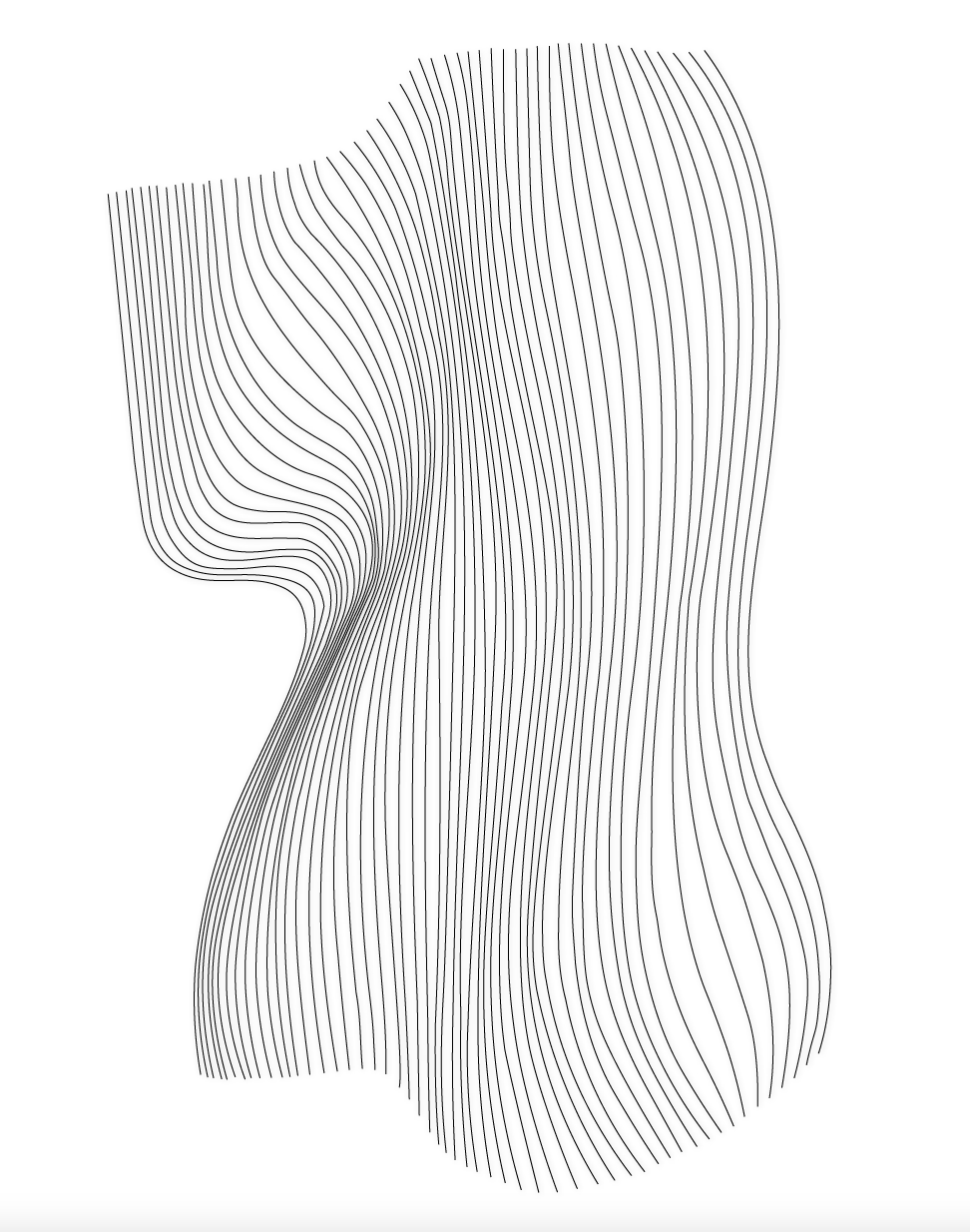
Art History has many different meanings for many different people. For me, it means a solid foundation for my future career as a museum professional. I understand the challenges that a career in the arts presents today, but I am willing to work long and hard for a job that I love rather than one that only pays the bills. The passion I hold for art history will ensure that there’s never a dull moment in my work, and that I will continually strive to further my knowledge and abilities within this field. Even if I did not intend to work in a museum after graduation, I would still consider an art history degree to be an invaluable resource. It has taught me how to effectively communicate my ideas as well as how to formulate my own arguments. The basic skills of critical analysis and effective writing that students learn in art history prepare them for a wide variety of responsibilities and professions.
While art history may be practical in so far as it opens up career possibilities, it provides more than a professional training: it enhances life. My day-to-day experience of the world is informed by my familiarity with the long history of visual culture. I know, for example, the origins of themes and motifs I see around me, and I appreciate how they have been repeated and reworked throughout history. Being able to recognize a particular figure or theory prevalent in the study of art history in something I’m reading or discussing in another class always surprises and excites me. It enriches my experience of art history to see it played out in other formats and better enables me to understand historical and cultural norms.
The study of art history introduces the student to a new, universal language that can connect people across time and space. As such, a degree in it can open many doors, but I wish to pursue the difficult path that leads to a job in my field of study.”
